Master of Knives
- 2017-04-22
One of his unforgettable customers was a Hongkonger, who immigrated to New York years ago. The man visited him with his newborn great-grandson, together with some pork knuckles and ginger stew.
"That was really remarkable, it reminds me that time really passed so quickly," he added.
"I am already 85 and can actually retire now," Chan said. "But I feel happy seeing my clients. That is why I keep on sharpening."
However, Chan has not found any successors yet. A handful of people tried to learn from him before but thought the job is too tough. So they left.
"Young people are not willing to learn the techniques because it takes a long time to master, not to mention it cannot bring them much money, "he sighed.
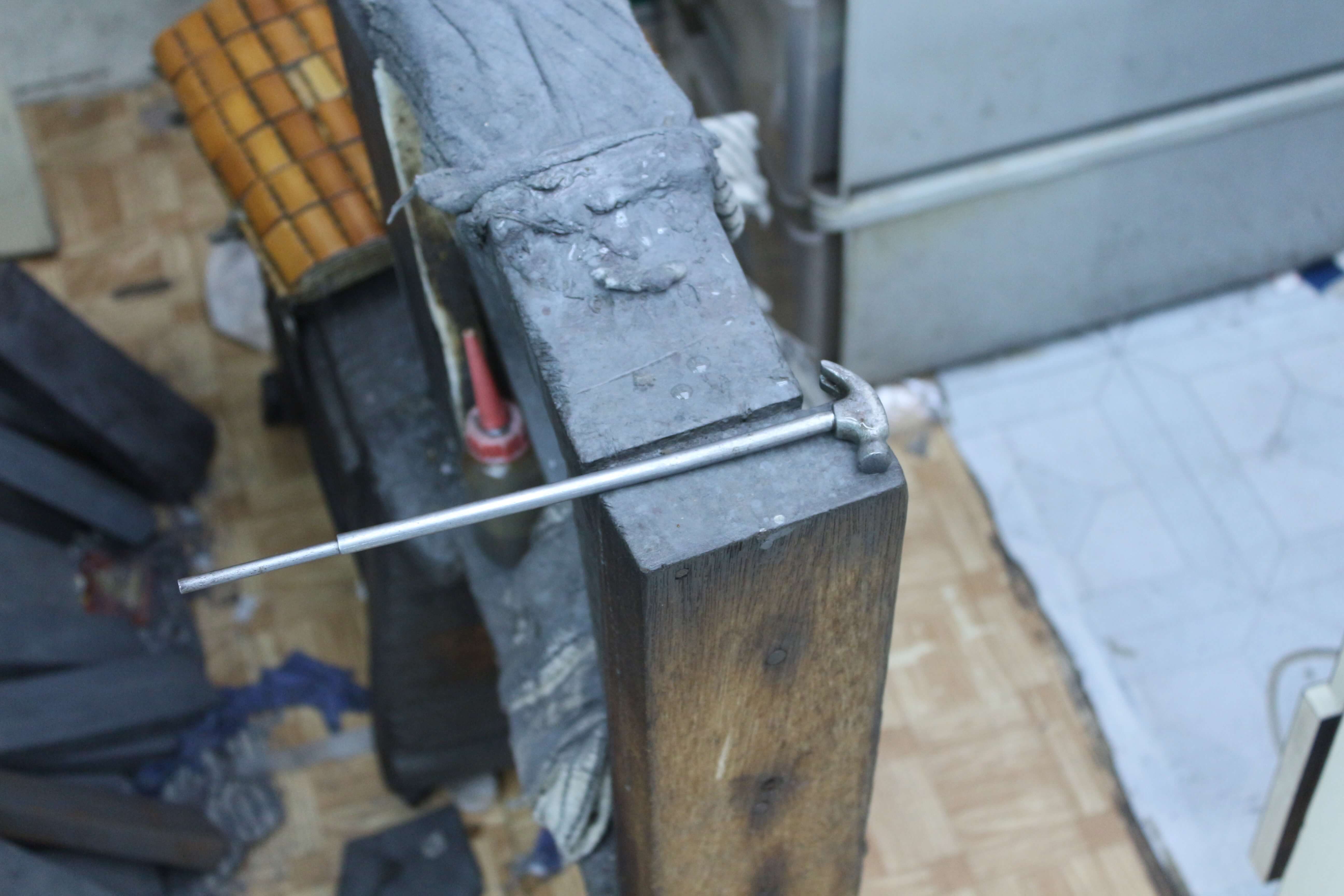
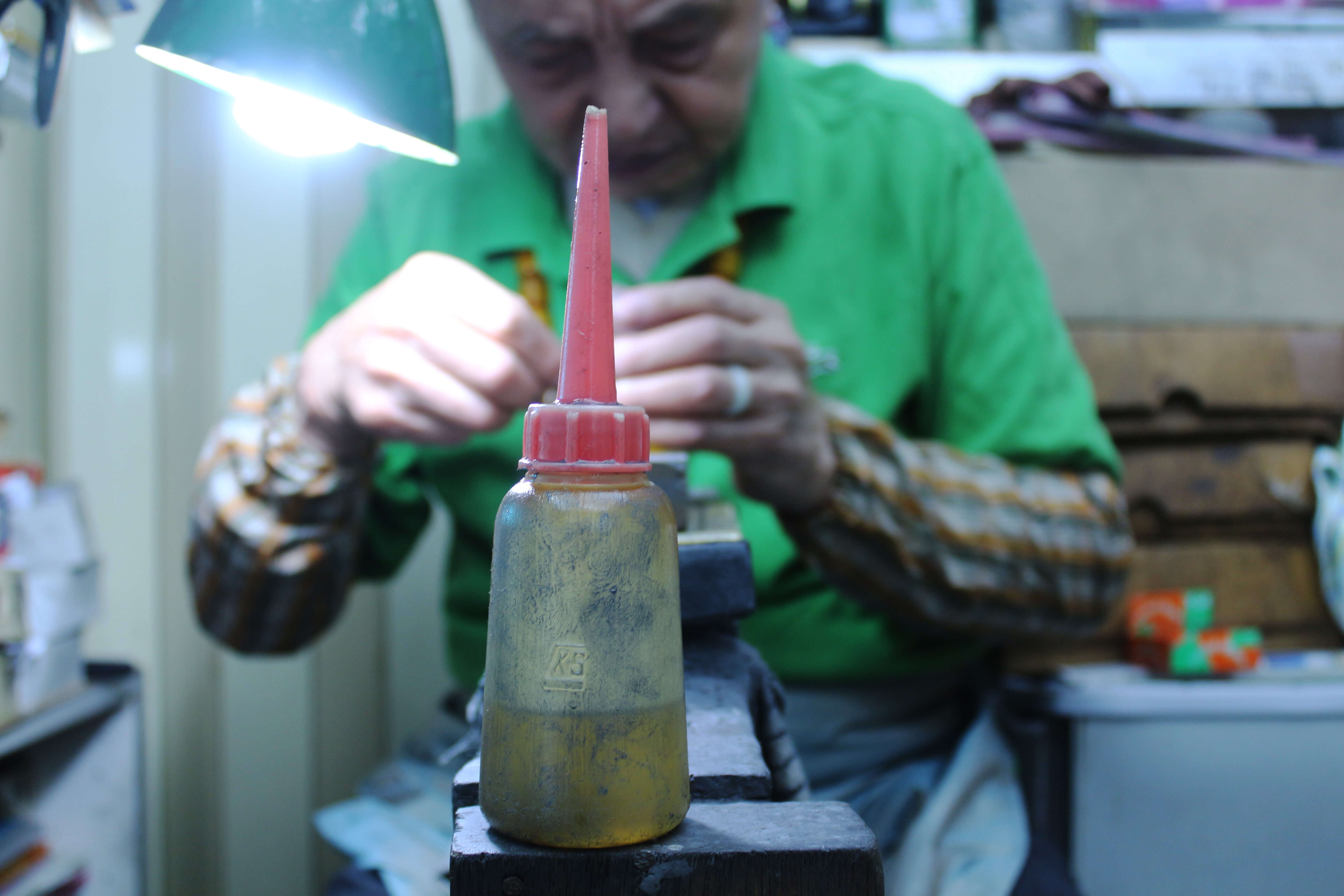
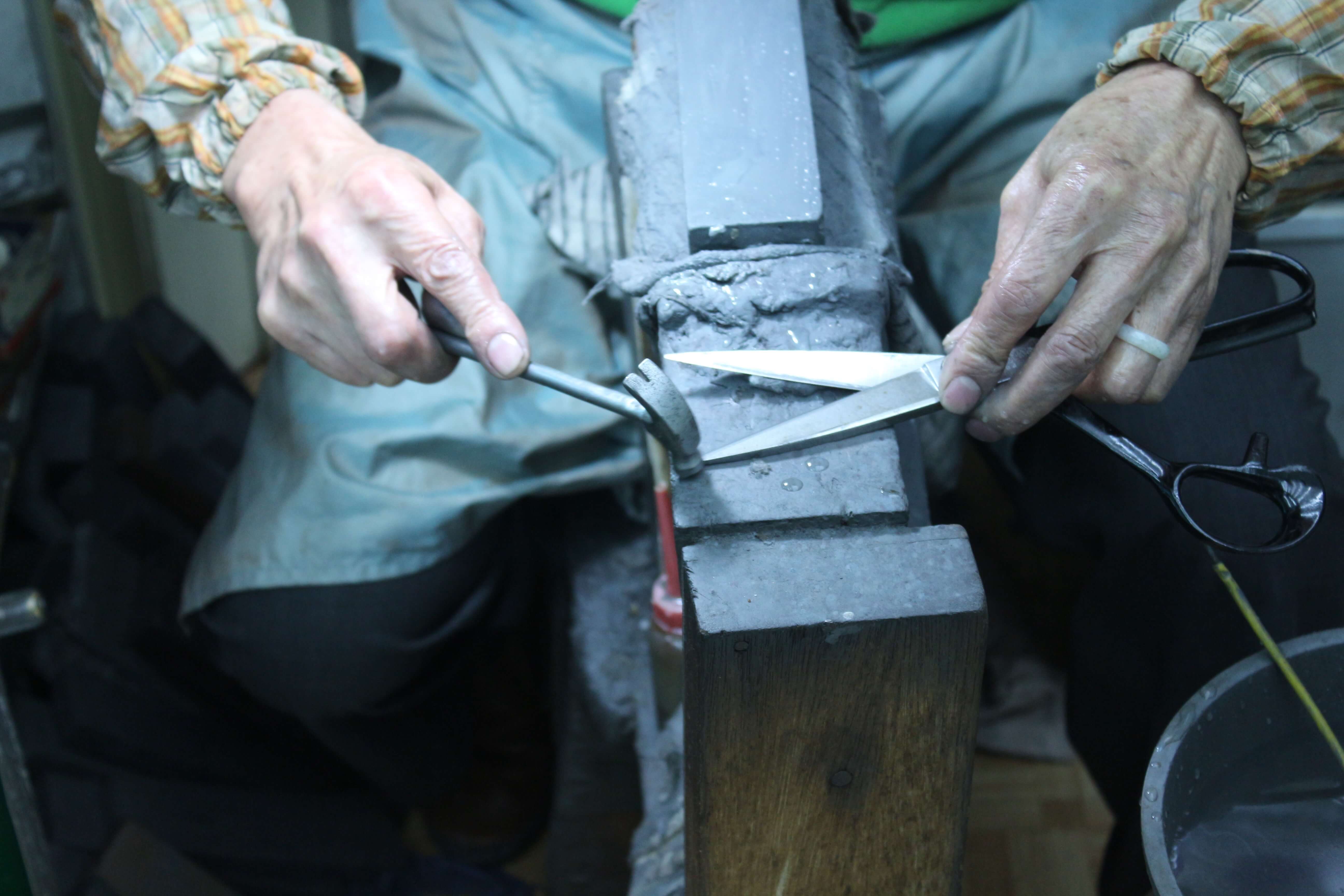
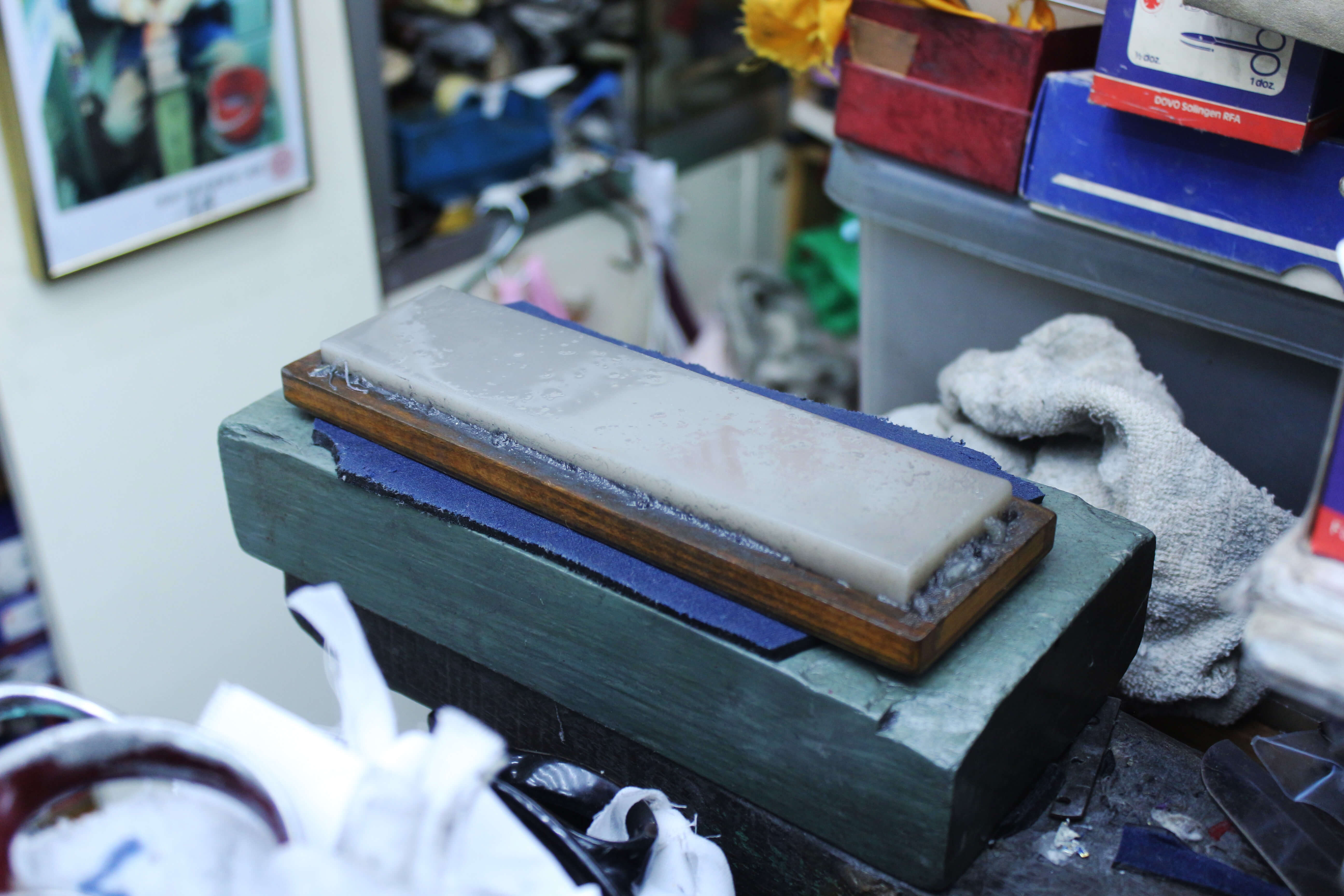
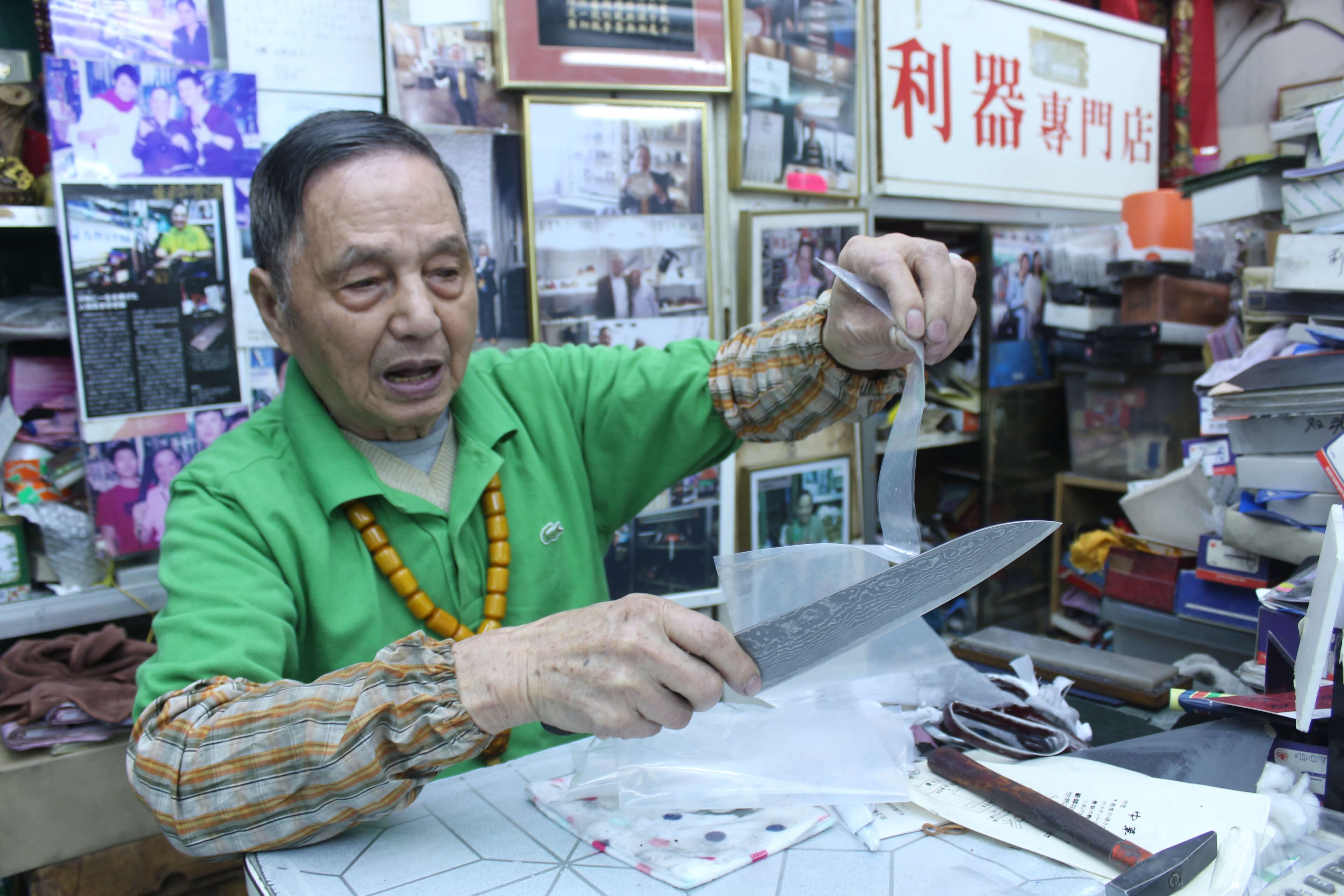
"Some people may just walk away after asking me the price of sharpening a knife, because they do not think it is worth spending hundreds of dollars on it," Chan said.
"Once a chef asked me to repair broke a pair of scissors, I told him to wait for three months because there were too many orders. He said I was too arrogant then left. Never mind...he will never find someone like me."
《The Young Reporter》
The Young Reporter (TYR) started as a newspaper in 1969. Today, it is published across multiple media platforms and updated constantly to bring the latest news and analyses to its readers.

Hong Kong Needs Local Bazaar to Help the Poor

Walking in Hong Kong

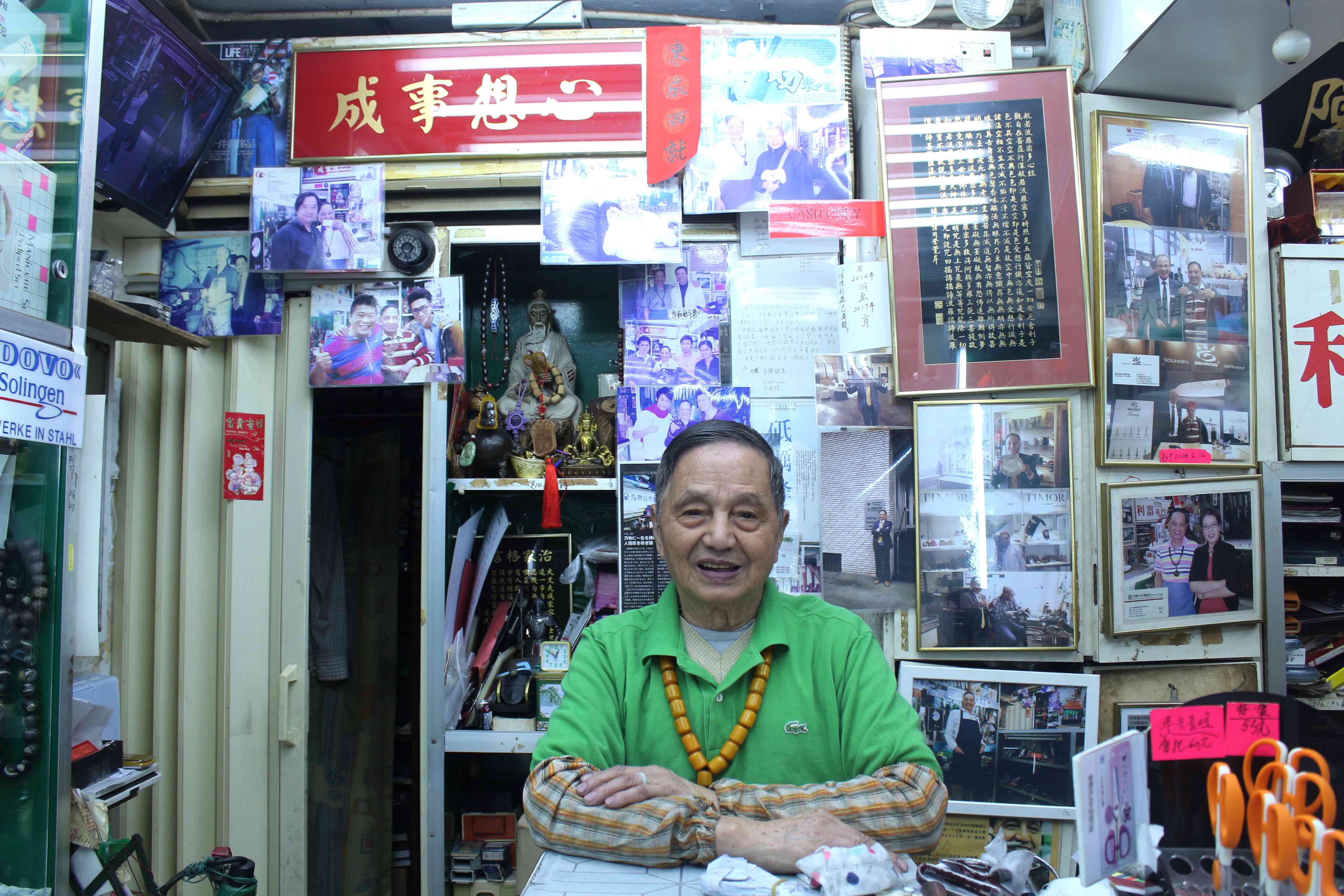



Comments